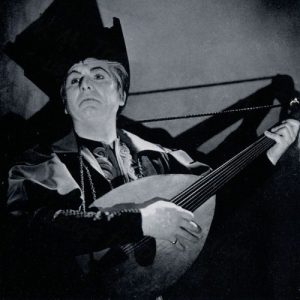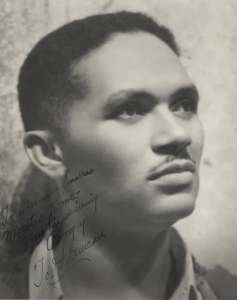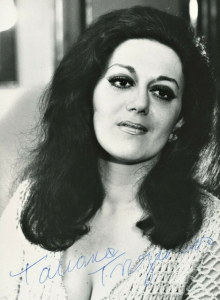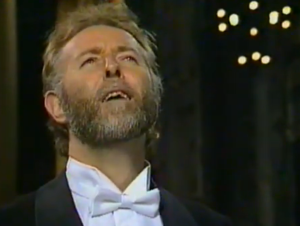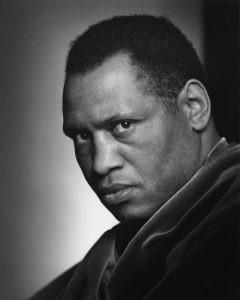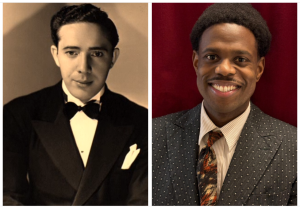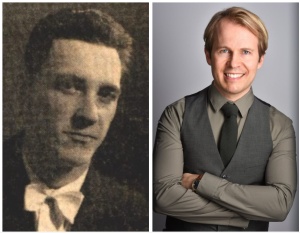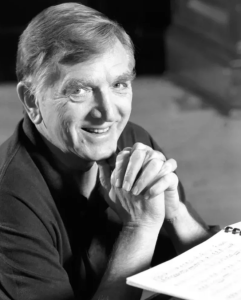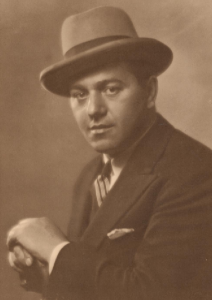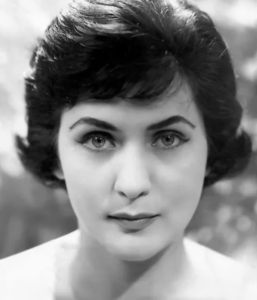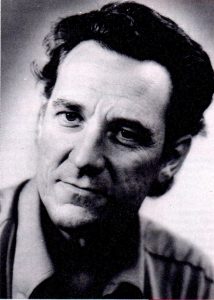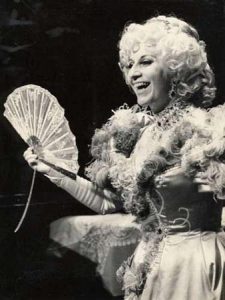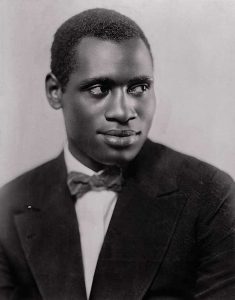Podcast: Play in new window | Download (Duration: 1:45:48 — 145.3MB) | Embed
Subscribe: Spotify | TuneIn | RSS | More
This past September 19th, we observed the anniversary of the death in 1992 of the great Welsh bass-baritone Geraint Evans at the age of 70. A vivid actor and a skilled singer, he both began and ended his career at the Royal Opera House Covent Garden, but was a treasured guest at opera houses all over the globe. In 1966, London/Decca records released a recording designed to give full display to his musical, stylistic, and dramatic versatility. In its US issue it was entitled, appropriately enough, Three Centuries of Baritone Art, and in it many of his greatest roles are highlighted, as well as a number of parts, unusual or uncharacteristic for him, which he never performed onstage. Needless to say, his Mozart roles are in the forefront, as is his exceptional characterization of Verdi’s Falstaff, to which he brought a light buffo touch while still retaining a full vocal palette bolstered by a vivid characterization. On this episode, I supplement this album with a delightful recording of Evans singing from Mahler’s Knaben Wunderhorn, a wrenching one of his legendary Wozzeck, and a monumental one of Elegy for a Prince, a work for voice and orchestra by William Mathias, written for and dedicated to Evans, who sang the premiere in 1972 and subsequently recorded it in 1977.
Countermelody is a podcast devoted to the glory and the power of the human voice raised in song. Singer and vocal aficionado Daniel Gundlach explores great singers of the past and present focusing in particular on those who are less well-remembered today than they should be. Daniel’s lifetime in music as a professional countertenor, pianist, vocal coach, voice teacher, and author yields an exciting array of anecdotes, impressions, and “inside stories.” At Countermelody’s core is the celebration of great singers of all stripes, their instruments, and the connection they make to the words they sing. By clicking on the following link (https://linktr.ee/CountermelodyPodcast) you can find the dedicated Countermelody website which contains additional content including artist photos and episode setlists. The link will also take you to Countermelody’s Patreon page, where you can pledge your monthly or yearly support at whatever level you can afford.
